Why I chose to share my pronouns
Today marks the start of Pride Month 2023, a time to celebrate, support and raise visibility of the LGBTQIA+ community. So, as a cisgender woman and as part of my own journey to becoming a better ally, I’ve been looking into the importance of gender identity and what it means to me.
What can I do to break unconscious biases about gender identity?
To encourage a shift in prejudices, homophobic and transphobic attitudes and behaviour we all need to pave the way for positive change. As a start I’ve been doing some self-reflection so I can personally start challenging those old, out-dated stereotypes that exist within our wider society.
First, I wanted to make sure my understanding of the difference between the terms ‘sex’ and ‘gender’ is right. Whereas sex is biological (male, female or intersex as assigned at birth), gender is something much more fluid that can change over time and covers a vast spectrum of different identities.
It’s important to recognise how, through unconscious bias, we all automatically make assumptions about gender, like how an individual should look or behave. From my experience, these initial assumptions are rarely correct.
If you’re unsure about a person’s gender identity and want to avoid offending them, you could listen to how they refer to themselves and follow their lead. It can be tricky to ask about someone’s pronouns outright, so make sure you gauge if it’s appropriate and always ask authentically and with kindness. Hopefully they’ll feel comfortable to share. Better still, introduce yourself with your own pronouns first – most of the time people will respond with theirs.
As an ally, including my pronouns in my professional work profile (email signature, internal directory page and LinkedIn profile) is a small but important step I’ve taken to show my support and allyship with my LGBTQIA+ colleagues.
Although not a legal requirement, employers like mine recognise the importance of giving people the freedom to display their gender identities as part of their professional profiles.
They’re helping create a safe space where don’t feel marginalised and can truly be themselves. And by sharing my own pronouns, I hope it will encourage others in my organisation and my wider professional network to follow suit!
Small changes can make a big difference
Small changes like this can help pave the way for bigger changes to be made in the Equity, Diversity and Inclusion (ED&I) space.
So, the next time I attend a work event, I’ll be adding my pronouns to my name badge and weaving them into any introductions.
‘Hi, my name’s Melissa. My pronouns are ‘she/her’.

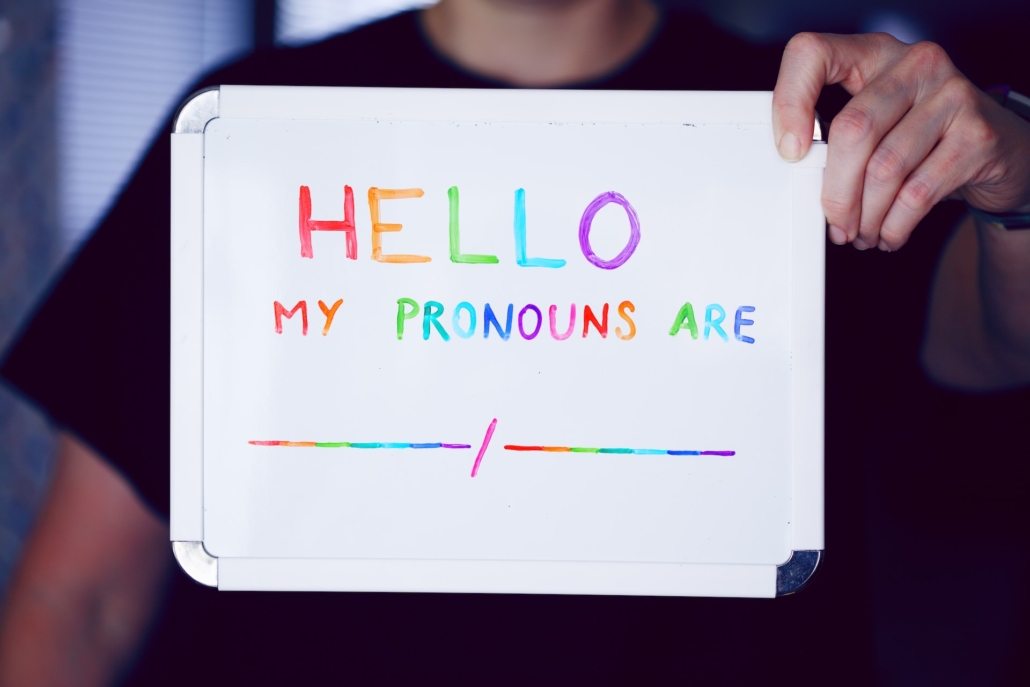
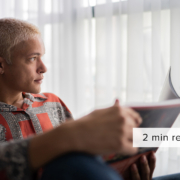
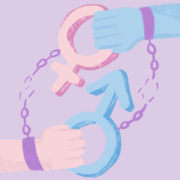
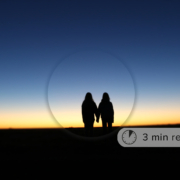
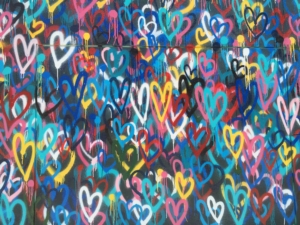
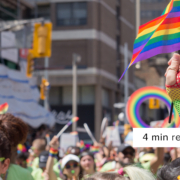
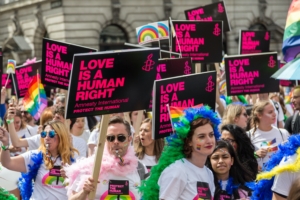
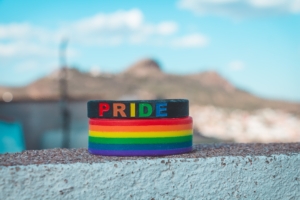
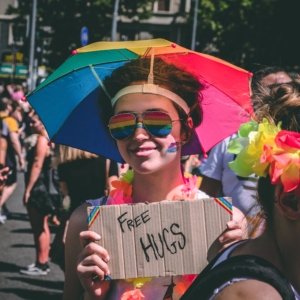
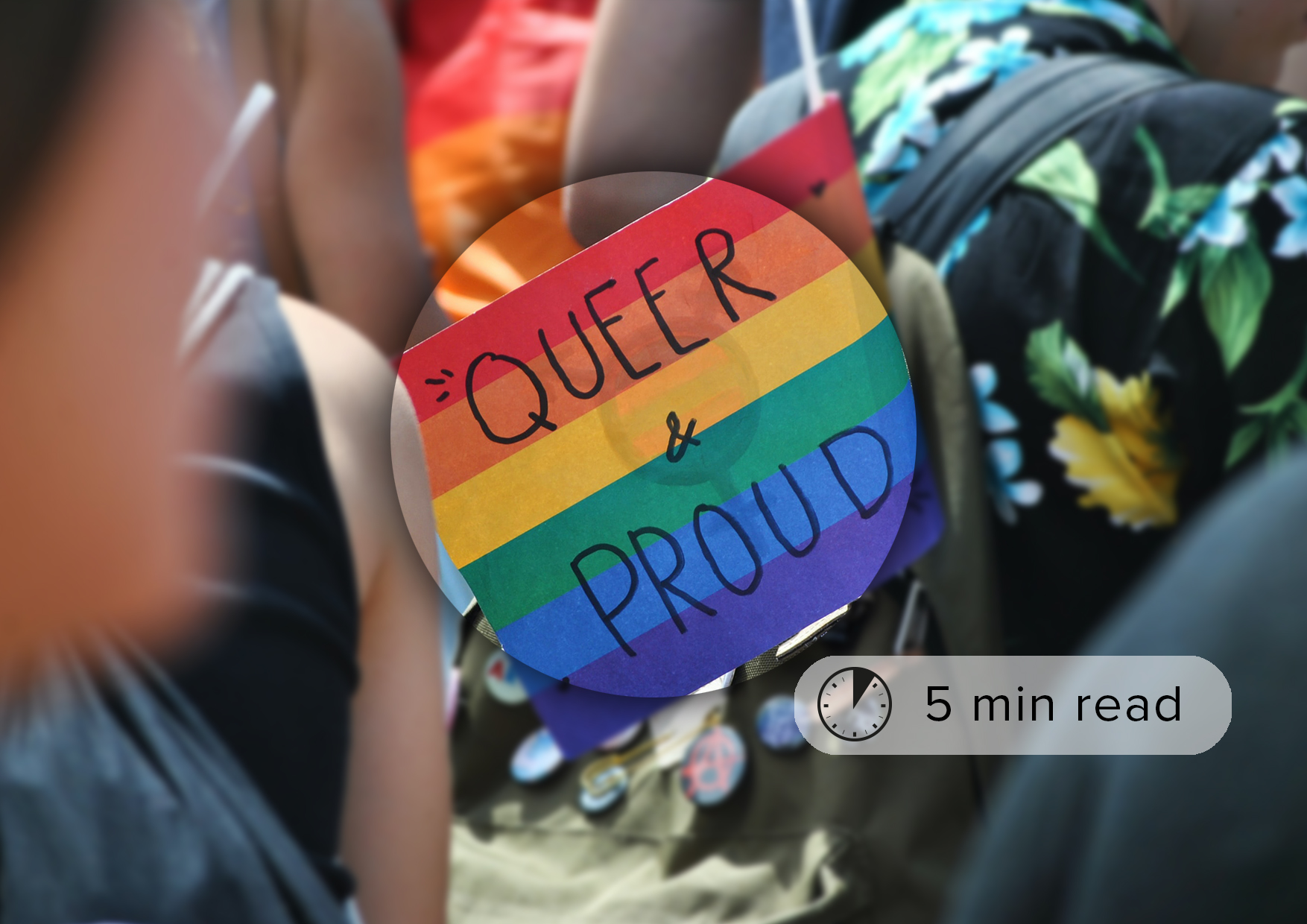
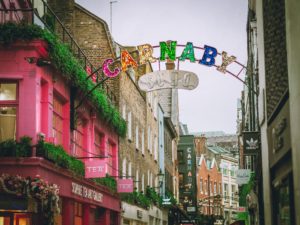 If you get on the 14 bus around 10am, it’ll take you straight into Piccadilly once the morning commute has passed its peak. You can then slink off the bus and immediately get lost in the tiny side streets between China Town, Piccadilly and Soho. If you go in spring, the mornings are dewy, fresh and bright meaning it’s the perfect weather to sit in Golden Square and have an Oat cappuccino from the Veggie Pret on the corner dahhling.
If you get on the 14 bus around 10am, it’ll take you straight into Piccadilly once the morning commute has passed its peak. You can then slink off the bus and immediately get lost in the tiny side streets between China Town, Piccadilly and Soho. If you go in spring, the mornings are dewy, fresh and bright meaning it’s the perfect weather to sit in Golden Square and have an Oat cappuccino from the Veggie Pret on the corner dahhling.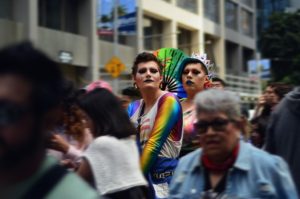 Number one – although it was probably mine and Sue’s obvious flamboyance that caught the lads attention, our girlfriend who had been with us was equally ‘in trouble.’ It made me realise that if these ignorant homophobes had no respect for queers, they most certainly didn’t have any respect for women either. In that moment I saw firsthand the solidarity between women and queer folk – shared experiences of belittling and terror that both parties have, out of necessity, become accustomed to. I am so grateful for the woman in my life, they have given me strength, inspiration and motivation to be the person I am today. Many women share our queer spirit and for that they are forever a part of our community.
Number one – although it was probably mine and Sue’s obvious flamboyance that caught the lads attention, our girlfriend who had been with us was equally ‘in trouble.’ It made me realise that if these ignorant homophobes had no respect for queers, they most certainly didn’t have any respect for women either. In that moment I saw firsthand the solidarity between women and queer folk – shared experiences of belittling and terror that both parties have, out of necessity, become accustomed to. I am so grateful for the woman in my life, they have given me strength, inspiration and motivation to be the person I am today. Many women share our queer spirit and for that they are forever a part of our community.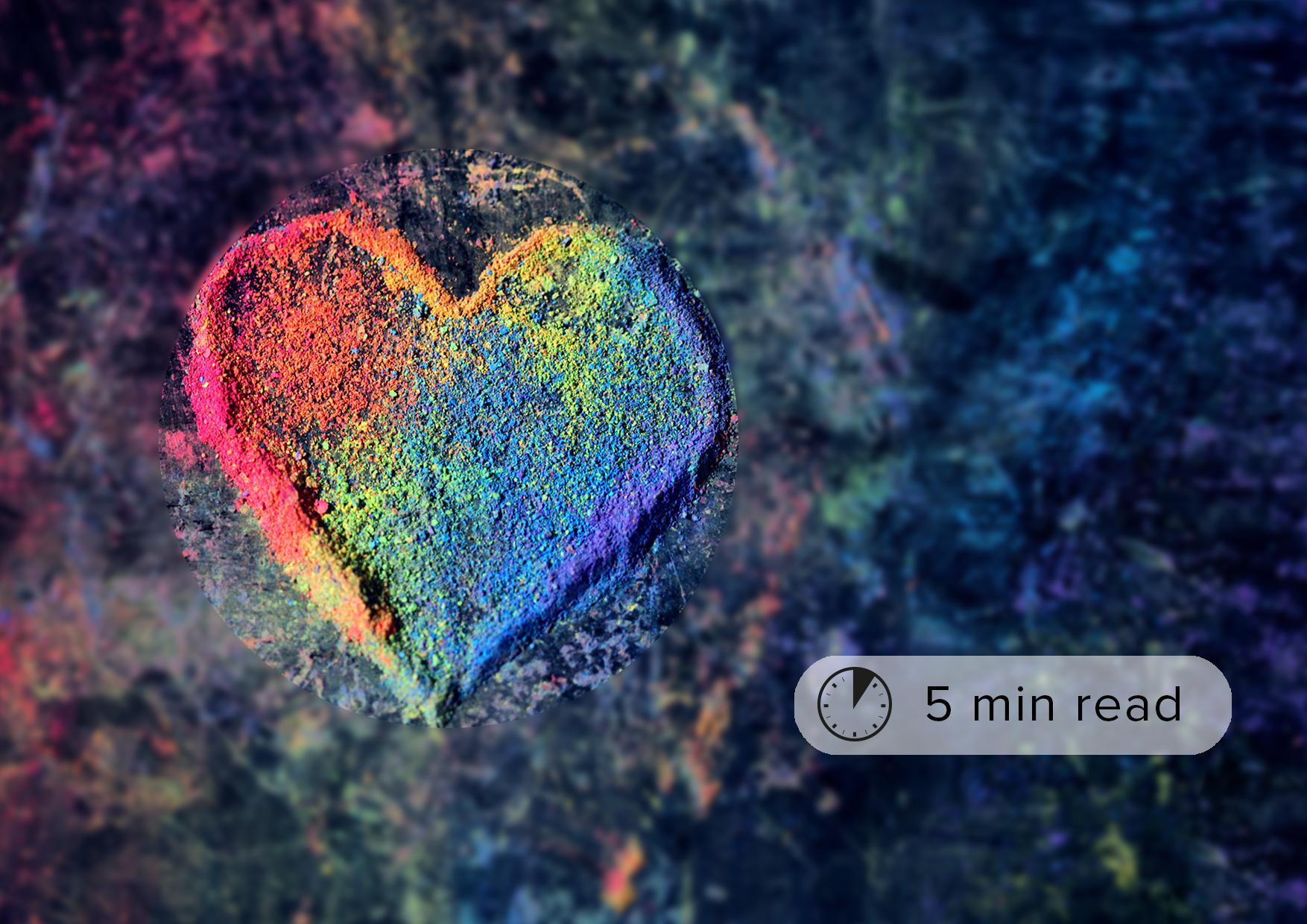
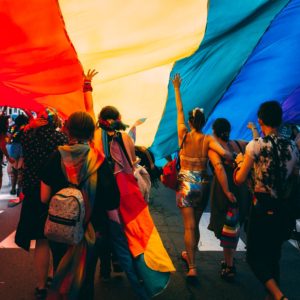 Being an ally can be in equal parts easy and difficult. Throw into the mix being a parent too and you can imagine the confrontational situations you suddenly find yourself in. Staring unflinchingly into the eyes of complete strangers who openly laugh at your child. Questioning what right those groups of adolescents have to threaten and insult him. Challenging your close friends and family members to address their unconscious bias and re-educate themselves.
Being an ally can be in equal parts easy and difficult. Throw into the mix being a parent too and you can imagine the confrontational situations you suddenly find yourself in. Staring unflinchingly into the eyes of complete strangers who openly laugh at your child. Questioning what right those groups of adolescents have to threaten and insult him. Challenging your close friends and family members to address their unconscious bias and re-educate themselves.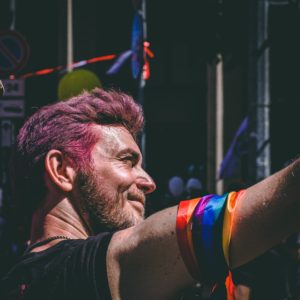 The easy part has always been from a personal perspective – understanding and developing my own relationship with the queer folk in my life. Whether that’s been celebrating with friends as they committed to each other in a civil partnership before gay marriage was even legalised, or providing a safe haven so my kids could grow into their best authentic selves (read: supporting my son’s choice to wear cherry-red Mary Janes at nursery and painting his toenails sparkling silver every summer, although I do reserve the right to stop him talking about Mariah Carey on every. Single. Facetime call . . .)
The easy part has always been from a personal perspective – understanding and developing my own relationship with the queer folk in my life. Whether that’s been celebrating with friends as they committed to each other in a civil partnership before gay marriage was even legalised, or providing a safe haven so my kids could grow into their best authentic selves (read: supporting my son’s choice to wear cherry-red Mary Janes at nursery and painting his toenails sparkling silver every summer, although I do reserve the right to stop him talking about Mariah Carey on every. Single. Facetime call . . .)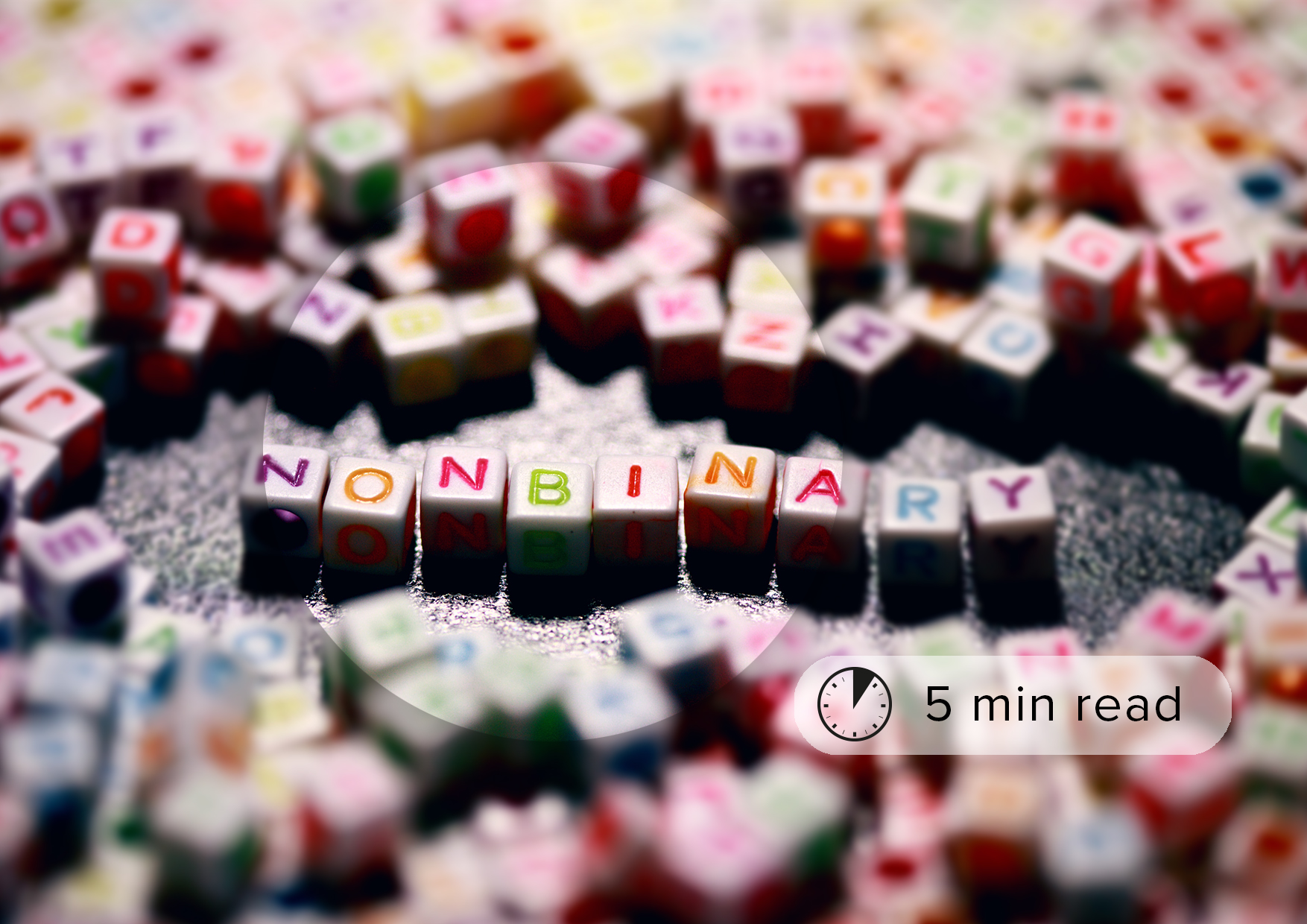
 Something I find so deeply problematic in the LGBTQIA+ community is the persistent need to categorise, label and define, particularly when it comes to our bodies. For a community that’s ‘all accepting,’ we can be anything but. Some of our queer specific dating apps are designed to make us ultimately isolate one another. They promote internalised homophobia, transphobia, racism and body shaming. I’ve come across profiles that say ‘No Fats, No Femmes, No Blacks and No Asians.’ It’s disgusting, do we really hate ourselves that much?
Something I find so deeply problematic in the LGBTQIA+ community is the persistent need to categorise, label and define, particularly when it comes to our bodies. For a community that’s ‘all accepting,’ we can be anything but. Some of our queer specific dating apps are designed to make us ultimately isolate one another. They promote internalised homophobia, transphobia, racism and body shaming. I’ve come across profiles that say ‘No Fats, No Femmes, No Blacks and No Asians.’ It’s disgusting, do we really hate ourselves that much?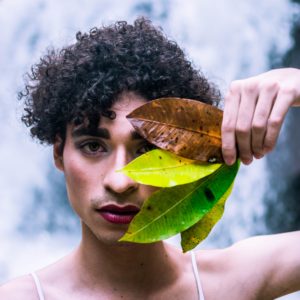
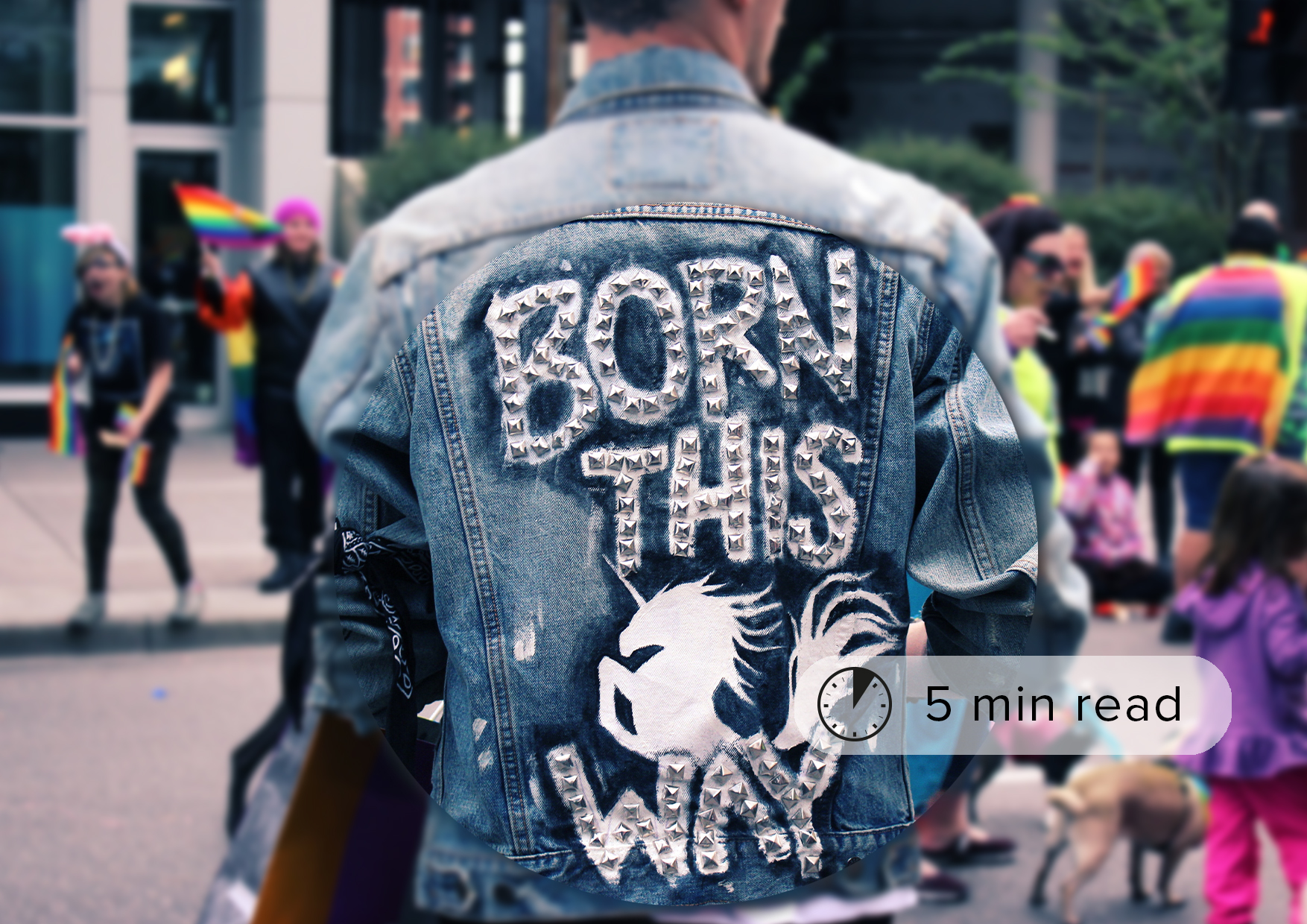
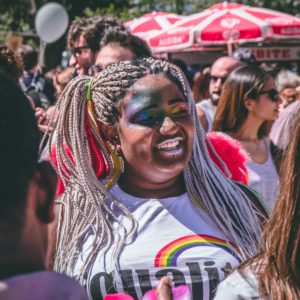 Thanks to RuPaul, the community slogan has become the glorified “If you can’t love yourself…” mantra. Once a very important reminder, it now serves as a global invitation that the LGBTQIA+ community has got it together, and have an endless capacity to deal with your self-loathing and insecurities as well as our own.
Thanks to RuPaul, the community slogan has become the glorified “If you can’t love yourself…” mantra. Once a very important reminder, it now serves as a global invitation that the LGBTQIA+ community has got it together, and have an endless capacity to deal with your self-loathing and insecurities as well as our own.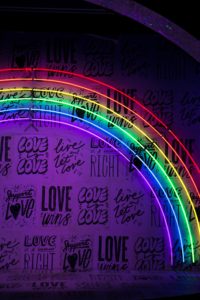 The notion that we, the queer community, all love ourselves unconditionally is a beautiful rainbow fantasy I’d love to believe in, but the same goes for all of humanity.
The notion that we, the queer community, all love ourselves unconditionally is a beautiful rainbow fantasy I’d love to believe in, but the same goes for all of humanity.